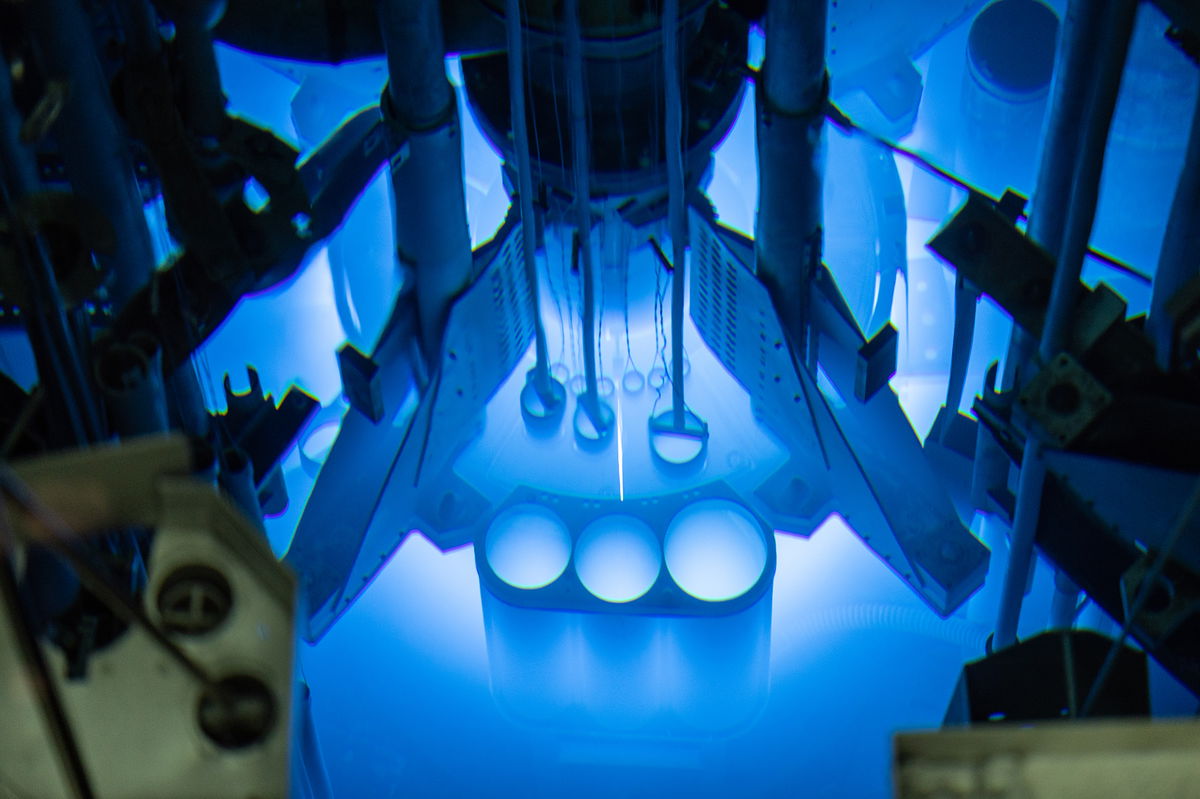MU announces initiative for new research reactor

COLUMBIA, Mo. (KMIZ)
The University of Missouri announced an initiative Thursday to build a new, larger research reactor.
In April, the University of Missouri will issue a Request for Qualification/Request for Proposal to get interest from qualified parties to provide preliminary designs and industry partnerships. The request also will support preparation of regulatory requirements for potential construction at Discovery Ridge in Columbia.
The reactor, according to a press release, would expand critical cancer-fighting research and medical isotope production at MU. Medical isotopes are used in cancer treatments and imaging agents to diagnose cancers and heart disease, the release states.
Medical isotopes are effective in eliminating tumors without damaging the surrounding cells, the release states.
“Medical isotopes are critical national resources, and we must secure our domestic supply to treat patients in Missouri and in the United States. Given the short half-lives (or effectiveness, due to rapid decay) of the medical isotopes, the central location of Missouri in the United States will ensure rapid deployment to patients, no matter where they live,” Matt Sanford, interim director of MURR, said in a press release.
The new project, NextGen MURR, will build on the work of the MU Research Reactor (MURR).
“The work that we do at MURR saves and improves thousands of lives each and every day,” UM President Mun Choi said in the release. “NextGen MURR will produce advanced cancer medicines for the next 75 years and solidify the University of Missouri’s position as the most important resource for medical isotopes in the United States.”